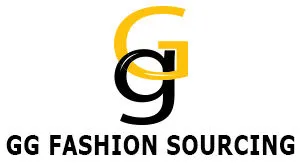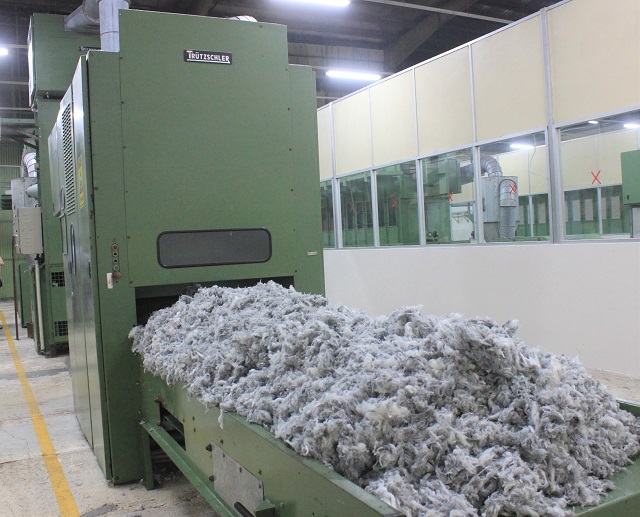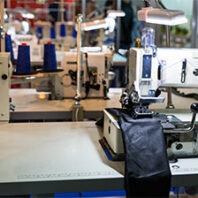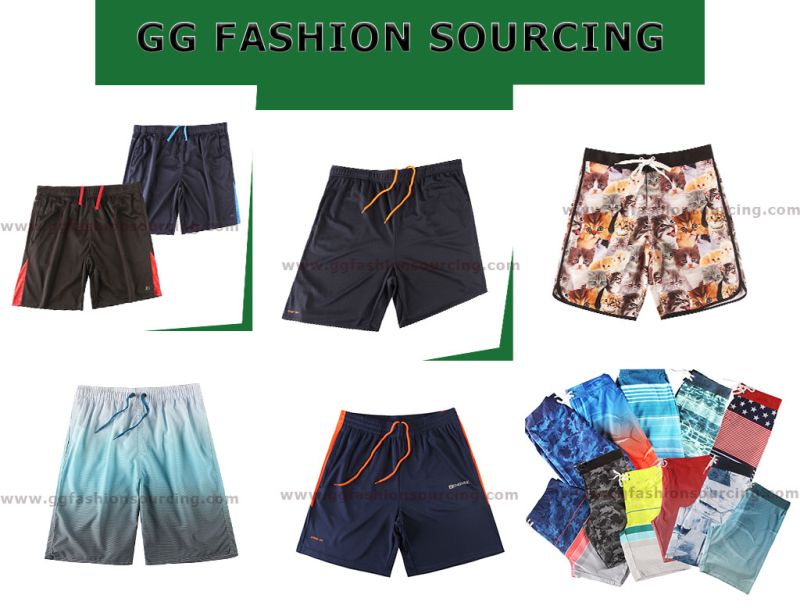Waste Cloth to new Cloth manufacturing journey
In recent years, many factories in Bangladesh have started adopting recycled yarn manufacturing due to increasing demand for sustainable and eco-friendly textile products. The country is known for its robust textile and garment manufacturing industry, and the shift towards recycled yarn is helping factories align with global sustainability trends while reducing waste.
1. Collection and Sorting of Textile Waste
- In Bangladesh, factories are actively partnering with local waste collection agencies or using their own waste streams to source textile waste. Post-consumer waste (used garments) and post-industrial waste (scraps from garment production) are collected, sorted, and prepared for recycling. As factories recognize the value of using waste to produce new yarn, they are increasingly investing in these collection systems.
- Sorting involves separating materials by fiber type, color, and quality to ensure that only the best raw materials are used in the production process.
2. Shredding and Cutting
- Once sorted, the waste is shredded into smaller pieces. Many factories in Bangladesh have set up modern machinery to efficiently process the material. This includes automated shredders that can handle large quantities of fabric waste, making it easier for factories to scale their production while maintaining quality.
3. Fiber Separation
- Factories use advanced technologies to separate synthetic fibers like polyester and natural fibers like cotton. Specialized machines are used to separate mixed fiber waste and purify the material for spinning. In Bangladesh, where the demand for recycled polyester is high due to the global fashion industry, this step plays a crucial role in creating high-quality recycled yarn.
4. Spinning into Recycled Fiber
- The fibers are carded and spun into yarn. Recycling polyester from bottles and fabrics into yarn is becoming common in Bangladesh, with many factories investing in extruding and spinning equipment. The yarn produced can be used in everything from sweaters and t-shirts to denim and outdoor apparel.
- By adopting the latest spinning technology, factories in Bangladesh ensure that the recycled yarn matches or even surpasses the quality of virgin fibers, making it a viable option for high-end fashion brands.
5. Dyeing (Optional)
- While many factories choose to skip dyeing, some opt for sustainable dyeing techniques to reduce water consumption and environmental impact. Bangladesh is also embracing more sustainable dyeing methods, such as waterless dyeing or using eco-friendly dyes.
6. Texturizing and Finishing
- Many factories in Bangladesh are using advanced texturizing technologies to improve the feel and texture of the recycled yarn. This process makes the yarn more suitable for use in a variety of textile products, including sweaters, hoodies, shirts, and more. Finishing treatments such as anti-pilling or softening are applied to enhance product performance.
7. Winding and Packaging
- After spinning, the recycled yarn is wound onto spools or cones. In Bangladesh, factories have streamlined the winding and packaging process with automated machines that reduce labor costs and improve efficiency. The yarn is then ready for shipment to textile manufacturers and apparel producers globally.
8. Use in Textile Production
- The final step involves using the recycled yarn to create fabrics, which are then transformed into garments and other textile products. Bangladesh’s established textile industry has the capacity to produce knitwear, woven fabrics, denim, workwear, and much more using recycled yarn.
- Many factories in Bangladesh are using recycled yarn in eco-friendly clothing lines targeted at global markets, particularly in countries like the USA, Canada, Germany, France, and Australia, where consumers are increasingly demanding sustainable fashion.
Bangladesh’s Role in the Global Sustainable Fashion Movement
- Bangladesh is one of the largest textile manufacturers in the world, and with the growing adoption of recycled yarn manufacturing, it is positioning itself as a leader in sustainable fashion. As factories continue to invest in recycling technologies and adopt circular economy principles, the country is set to meet the growing demand for sustainable and eco-conscious textiles worldwide.
With its vast production capabilities, skilled workforce, and commitment to sustainability, Bangladesh is at the forefront of recycled yarn manufacturing, providing high-quality, eco-friendly products to the global market.
*GG FASHION SOURCING looking for partner and investor who are interested in this industries to contribute and do profitable business for more information please send us email at ggfashion@nitbgroup.com or whatsApp +8801781333577*
#RecycledYarn #SustainableFashion #EcoFriendlyTextiles #BangladeshTextile #CircularEconomy #SustainableManufacturing #RecycledMaterials #GreenFashion #EcoFashion #SustainableApparel #RecycledPolyester #TextileRecycling #EcoConsciousFashion #SustainableProduction #FashionRecycling #RecycledFabric #EcoFriendlyYarn #SustainableTextiles #WasteToWear #EthicalFashion #GreenTextiles #RecycledClothing #SlowFashion #EcoFriendlyManufacturing #RecycledClothes #CircularFashion #WasteNotWantNot #SustainableIndustry #TextileInnovation #GlobalSustainability



